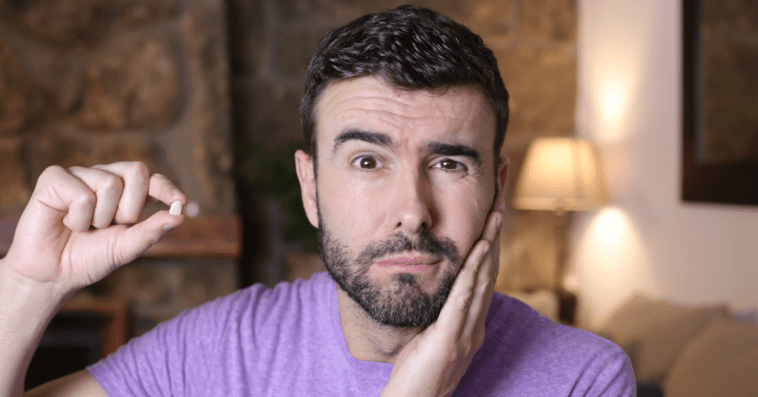A permanent tooth can fall out for various reasons: trauma, gum disease, chewing hard food, etc. The situation is stressful but not hopeless. There is even a glimmer of hope — if you manage to get an emergency appointment with a dentist within an hour of the incident, you might still save the tooth or minimize complications.
What to Do Immediately After Losing a Tooth
The most important first step is to urgently book an appointment with a dentist. The Vip Dental Care dentist will examine your oral cavity, guide you step-by-step on what to do, and provide the necessary medical assistance. While you are preparing to visit the dentist, here’s what you should do:
- Apply something cold to the injury site and take the painkillers you have at hand.
- If the tooth did not fall out completely but broke off and there are sharp edges at the fracture site, cover them with gum to protect the mucous membrane of the cheeks and tongue from micro-injuries.
- Rinse the fallen tooth under clean running water.
- Try not to touch the root of the tooth; hold it by the hard part.
- Place it in a clean container with saline solution.
- Head to the dentist and strictly follow all their further recommendations.
It’s not always possible to reimplant a natural tooth, but there is a minimal chance. If the tooth is severely damaged and destroyed, you will need to undergo implantation — complete replacement of the lost tooth. Sometimes, it’s better to install dental bridges, crowns, or veneers instead.
How to Properly Store a Fallen Tooth Before Visiting the Dentist
If the tooth is broken or falls out, carefully rinse it from dirt and deliver it to the dentist either in saline solution (you can use sodium chloride), cold milk, or your saliva. It’s entirely possible that if you manage to deliver the tooth to your doctor in this way in the shortest possible time, you can restore it. If you don’t have a container or any of the aforementioned liquids at hand, you can keep the tooth behind your cheek. The main thing is not to lose it or swallow it during such transportation.
Emergency Medical Assistance
Tooth loss is an urgent situation requiring immediate professional medical assistance. Do not delay and act according to a clear algorithm:
- Take a painkiller.
- Find the tooth, rinse it, and place it in a container with solution or behind your cheek.
- Call your dentist or the nearest Vip Dental Care clinic.
- Quickly get ready and go to the doctor.
DON’Ts
- Clean the tooth with a brush.
- Rinse it with soap.
- Use aggressive chemicals or abrasive substances to clean it from dirt.
- Heat the injury spot.
And the most important thing you should NOT do is ignore the problem and postpone the visit to the doctor. The sooner you seek help, the cheaper the treatment will be, and the simpler the process. Moreover, you can prevent infections that can enter the open wound and spread throughout the body.
After Losing a Tooth
After the tooth has fallen out and you managed to restore it, you also need to treat oral hygiene with the utmost responsibility and care for your health. Most practical or specific advice will come from your dentist. Usually, doctors recommend following these steps to accelerate tissue regeneration and recovery.
Diligent hygiene maintenance
During the recovery period, oral hygiene becomes the primary task, and these procedures should not be limited to just brushing teeth. Care may also include rinsing with therapeutic or antibacterial solutions and mandatory brushing with a soft brush after each meal.
Adhering to a diet
The most important thing is that it should be balanced and full of nutrients. Secondly, you need to be mindful of your food choices. Since hard food should be avoided immediately after the procedure and for some time after, choose meals that are easy and comfortable to consume: puree, soups, stewed vegetables, soft fruits like bananas or melons, etc. It is better to exclude very hot or extremely cold drinks during the recovery period and try to consume warm beverages: water, juice, and tea.
See the doctor again
Follow the treatment plan and medication regimen prescribed by the dentist, strictly adhering to the timing and specifics of medication intake. Attend follow-up appointments as your doctor will schedule to monitor the progress of your treatment. Set reminders on your phone or in your Google calendar so you don’t miss the date.
Conclusion
Unfortunately, all recommendations come down to the fact that you can only cope with this issue with a dentist. Repairing a fallen tooth at home is impossible. The only situation where you can not worry about a fallen tooth is with baby teeth in children. However, that’s an entirely different context.

